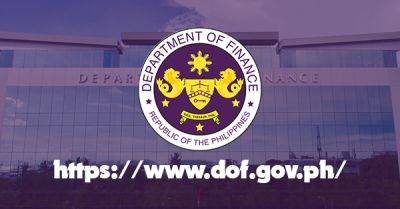Time for sustainable production, consumption
The global wave of responsible consumption, heightened by the pandemic experience that has radically changed our way of life, has already reached Filipino consciousness. More Pinoy consumers are becoming conscious about their personal carbon footprints, and are very meticulous with purchases to ensure that the products they use are not environmentally harmful. In 2015, the Philippines was cited to be the third largest contributor to ocean plastic, with a yearly average of 0.75 million metric tons of plastic waste ending up in oceans and waterways. Multiple studies in the country also point to waste from plastic packaging as an overwhelming contributor to both carbon emissions and actual plastic waste, with recyclables making up 30% of waste in the Philippines. These conditions strengthen the need for across-the-industry collaborative efforts to improve our environmental situation and ecological consciousness.
To trail-blaze industry reform is a strong backbone of legislation through the EPR. Republic Act 11898, or the Extended Producer Responsibility Act (EPR), focuses on waste reduction, recovery and recycling. Under the law, producers that use plastic packaging have the full responsibility throughout the life cycle of their products. The law draws recovery and reduction strategies for Obliged Enterprises, which include the development of environmentally friendly products, as well as public initiatives that advocate sustainable consumption. As a national goal, the law recognizes the critical role that producers play in the conservation process, by setting incremental industry targets that must be met yearly until 2030. The EPR mandates Obliged Enterprises to have a 20% recovery rate by the end of 2023, with a target of up to 80% by the end of 2028.
The EPR covers plastic packaging, which many companies use to protect or pack their goods to ensure the longevity and durability of their products in the distribution process. If the environment is to be protected, economic players must come together to commit to better practices in product development and production. The industry responded to the call with renewed enthusiasm, with many companies reorganizing their







